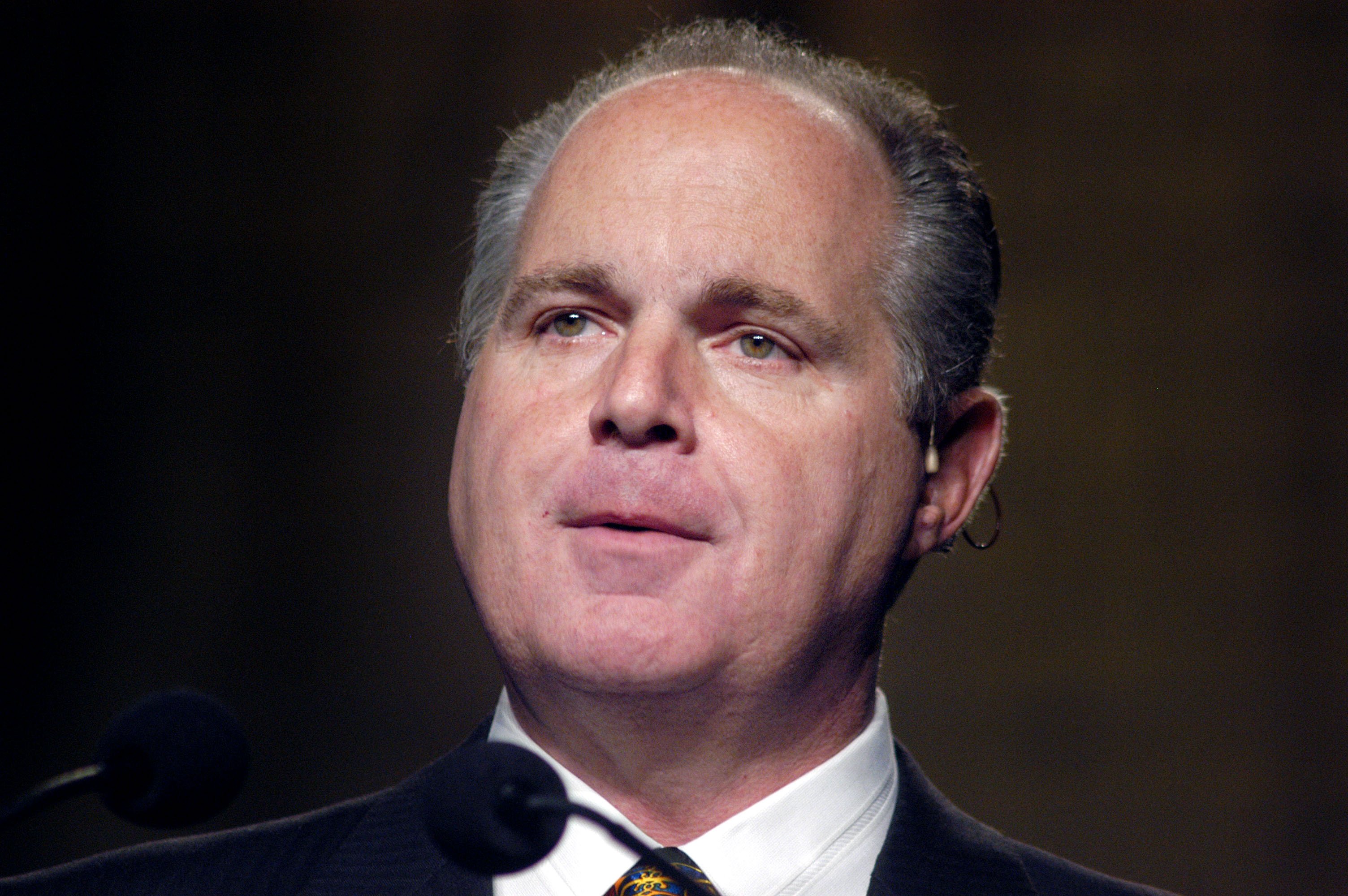Radio Host Mocked Michael J Fox’s ‘Exaggerated’ Illness – Actor Still Smiles Even through ‘Intense Pain’ & Falls
Michael J. Fox is well-known for starring in the famous “Back to the Future” franchise. The actor gained immense popularity after starring in the sci-fi/comedy trilogy. He was at the height of his career in the 1990s with steady career prospects, a growing reputation, and a number of blockbuster films to his name.
Sadly, things took a dark turn for the actor in 1991 when he was diagnosed with Parkinson’s disease for the first time. At the time, the actor was merely 29. Over the next few weeks, his health deteriorated, and his symptoms grew worse. With less vitality and constant tremors, Fox decided to step back from acting.

Michael J. Fox in “Spin City”, 1996 | Source: Getty Images
With his retirement came the drive to want to give back to the community. Fox took to promoting stem cell research, ending up in a political campaign ad for Claire McCaskill when she ran against Senator Jim Talent of Missouri, who wanted to ban stem cell research—a field with countless medical applications.
These principles help Fox keep a positive outlook despite his challenging circumstances.
In the ad, his Parkinson’s caused him to rock visibly, and his medication caused slight involuntary spasms. The actor’s illness had clearly progressed quite far. However, not everyone took the ad for what it was. The famous political commentator Rush Limbaugh criticized Fox, saying he was “exaggerating” the effects of his disease.
Even though Limbaugh had criticized Fox openly and unfairly called him “shameless,” the Canadian-American actor didn’t respond in kind. Instead, he made a nonchalant retort meant simply to disarm his dissenter. Fox stayed reasonable and didn’t lose his head over the comment.
In response to Limbaugh insisting he was “either off his medication or acting,” the actor fired back, saying, “My pills are working really well right now.”
Seeing Fox’s calm response, Limbaugh realized he may have misjudged and apologized for his rash critique. However, Fox’s representative soon spoke out:
“It’s an appalling, sad statement. Anybody who understands Parkinson’s disease knows it’s because of the medicine that one experiences.”

Rush Limbaugh on October 2, 2003 in Philadelphia, Pennsylvania | Source: Getty Images
Fox’s calm, collected response is an excellent indication of how he approaches his ordeal. Despite the challenging days and the testy nature of his disease, he has kept up his spirits. The actor has refused to let his Parkinson’s get him down and constantly encourages others in similar situations to stay positive.
The actor shared that the first few years after the diagnosis were the hardest.
Besides founding the Michael J. Fox Foundation for Parkinson’s research, the actor has spoken publicly about how he manages his disease. On each of these occasions, Fox has taken the opportunity to encourage others and spread hope. In his words, “I hate when people say, ‘You’re giving them false hope.’ To me, hope is informed optimism.”

Michael J. Fox on “Good Morning America”, 2016 | Source: Getty Images
Fox shared other methods of staying positive besides holding onto hope. These included exercise, pacing, acceptance, honesty, optimism, and humor. These principles help him keep a positive outlook despite his challenging circumstances. And these are the tenets he encourages others with chronic illness to adopt.
Besides his six how-tos for hopefulness, the actor also ascribes his happiness to the support of his wife, Tracy Pollan. Fox mentioned that Pollan has stood by his side no matter how difficult things got, and she always had something encouraging to say to help lift his spirits. He reflected:
“Tracy wasn’t sentimental or romantic about it at all. No terror. Tracy was just like, ‘You’ve got a stone in your shoe. We’ll do what we can until you can get it out. In the meantime, if you limp with the stone, that’s all right. You can hold my hand, and we’ll get over that.'”
Over the years, Fox‘s constant support for organizations seeking cures for his disease has helped the medical field progress considerably. The actor’s own foundation has contributed to numerous research ventures over the years, truly bringing hope to others waiting for good news regarding their conditions.
A Worrying Diagnosis and a New Start
In 2023, Fox agreed to do a documentary that explores how he coped with his diagnosis. The actor shared that the first few years after the diagnosis were the hardest. He kept the news to himself, telling only a handful of trusted individuals. In order to keep his increasing symptoms at bay, he became reliant on substances.
Fox hopes to inform people about his illness and let others know that the disease does not mean leading a debilitated life until death.
The actor revealed many unknown details about the first seven years when he hid his Parkinson’s. To keep his symptoms from showing, he used dopamine pills. They concealed his tremors so he could work without any drawbacks. Meanwhile, he dulled the anxiety that accompanied being diagnosed with alcohol.

Michael J. Fox, 2023 | Source: Youtube.com/BehindtheClapperboard
The documentary, “Still: A Michael J. Fox Movie,” explores the actor’s everyday life and plunges head-first into what it means to have Parkinson’s. With it, Fox and director Davis Guggenheim gave viewers a first-hand experience of Fox’s daily routines and even a glimpse into doctor-patient visits.
Guggenheim thoroughly inquired about Fox’s life, and the actor answered him as honestly as possible. In one striking conversation, Fox responded to a question about his day-to-day life, saying, “I’m in intense pain.” The “Life With Mickey” star even showed how often he falls, and he was injured several times during the making of the film.
Still, Fox realized long ago that the worst thing about the illness is not the dependence it causes or the physical toll it takes. Instead, what irks him the most about Parkinson’s is the “restraint.” The first days of the illness were the worst. He mentioned, “The worst thing is to be confined and to not be able to have a way out.”